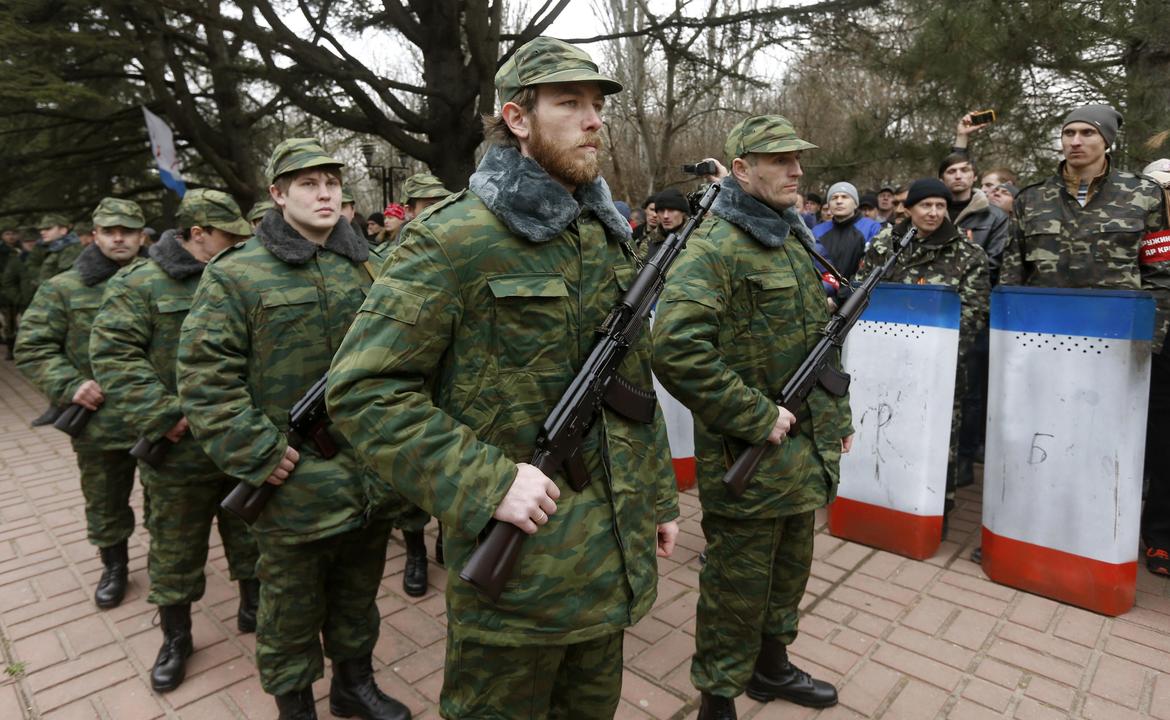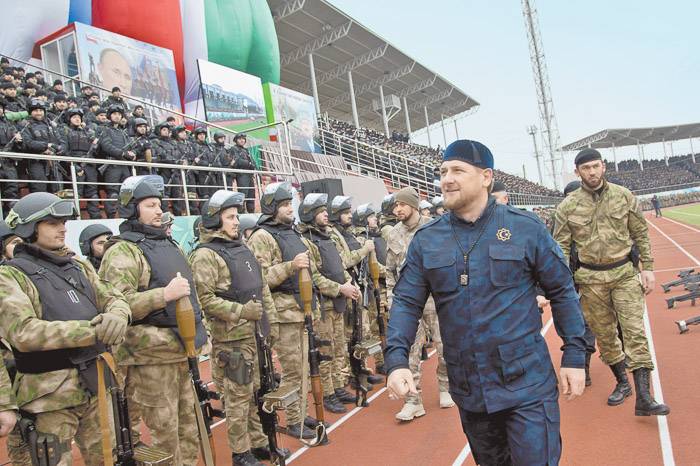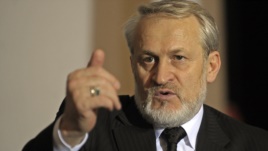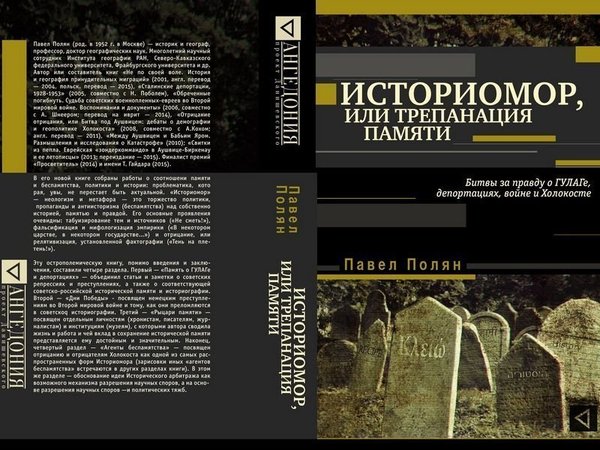The Russian general staff has announced that it will draft young men from Chechnya this fall for the first time in 20 years and will begin drafting that cohort from occupied Crimea and Sevastopol next spring, an indication of just how hard Moscow is having to work to compensate for demographic shortfalls among ethnic Russians.
Today, the Russian general staff said it would draft 154,100 people in the upcoming fall draft, a slight increase over the 153,200 it drafted last spring, but the new draft will be different: Moscow said it plans to draft 500 young men from Chechnya, the first time it has done so since Soviet times.
Meanwhile, the Russian military said it would begin the Russian draft in newly-annexed Crimea next spring because as of January 1, 2015, “all laws of the Russian Federation will be applied in their full extent to the residents of Crimea and Sevastopol,” including the draft.
The decision to resume drafting young men in the North Caucasus reflects in the first instance Moscow’s need to find more manpower at a time when the number of draft-age ethnic Russians is declining, even if it means taking in men many commanders would prefer not to have in their units lest they cause trouble in the ranks or subsequently use the military skills they acquire against Russian forces.
But it also reflects pressure from North Caucasus leaders. On the one hand, they want the military to resume the draft there in order to cut unemployment among the young, a status that they say often makes such people more susceptible to the arguments of the militants, and to give these young men the ability to get jobs in the police.
And on the other, these leaders point out, Moscow’s failure to draft in the North Caucasus in recent years has been an even greater recruiting tool for the militants: The latter point out that by not drafting North Caucasians, the Russian government is saying that it doesn’t view them as full citizens. In that event, the militants say, why not struggle against Moscow?
The extension of the draft to Crimea and Sevastopol presents another set of problems. While some ethnic Russians there may be quite willing to serve in the Russian military, many Ukrainians and Crimean Tatars will certainly view this as the most unwelcome extension of Russian power yet and quite possibly resist.





